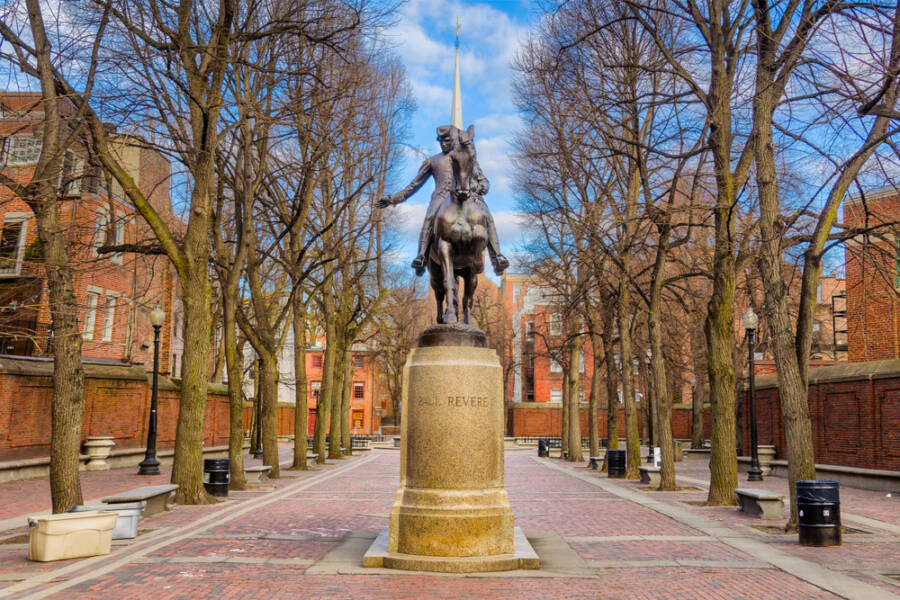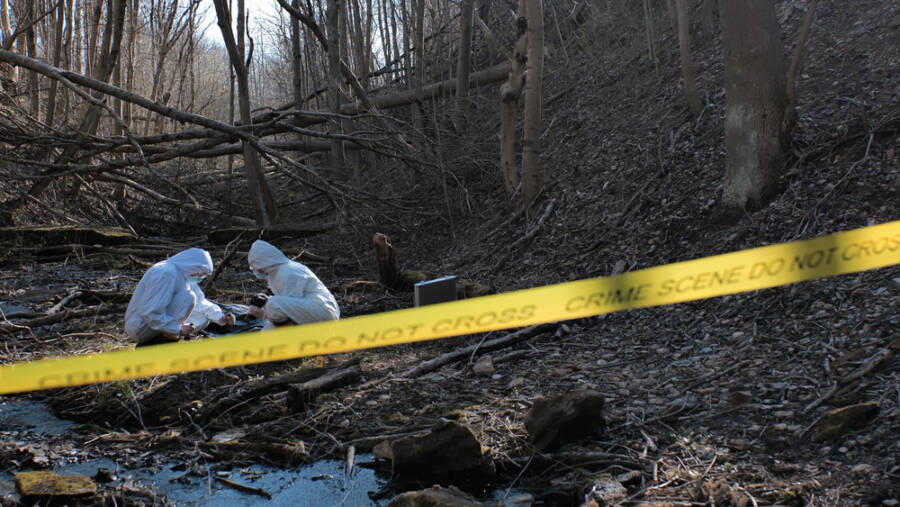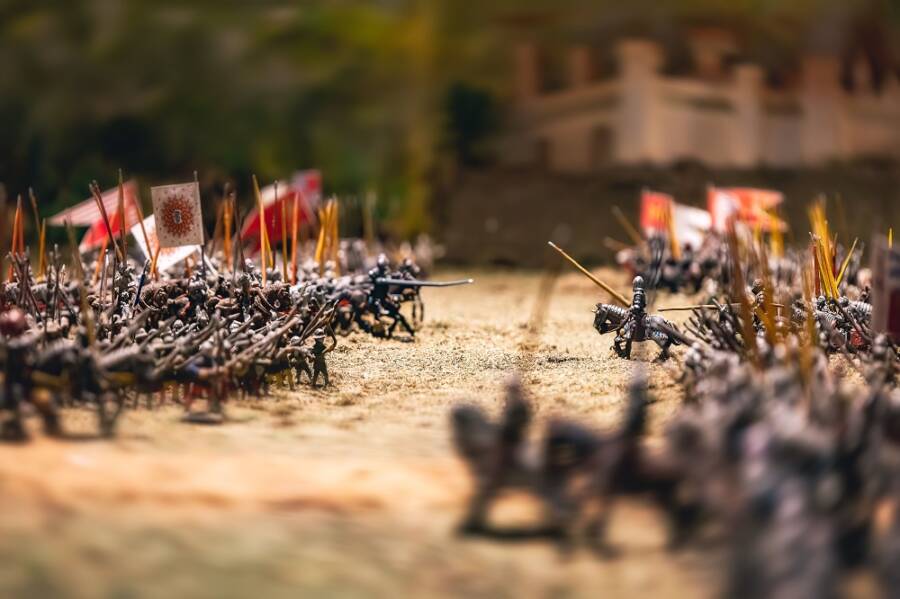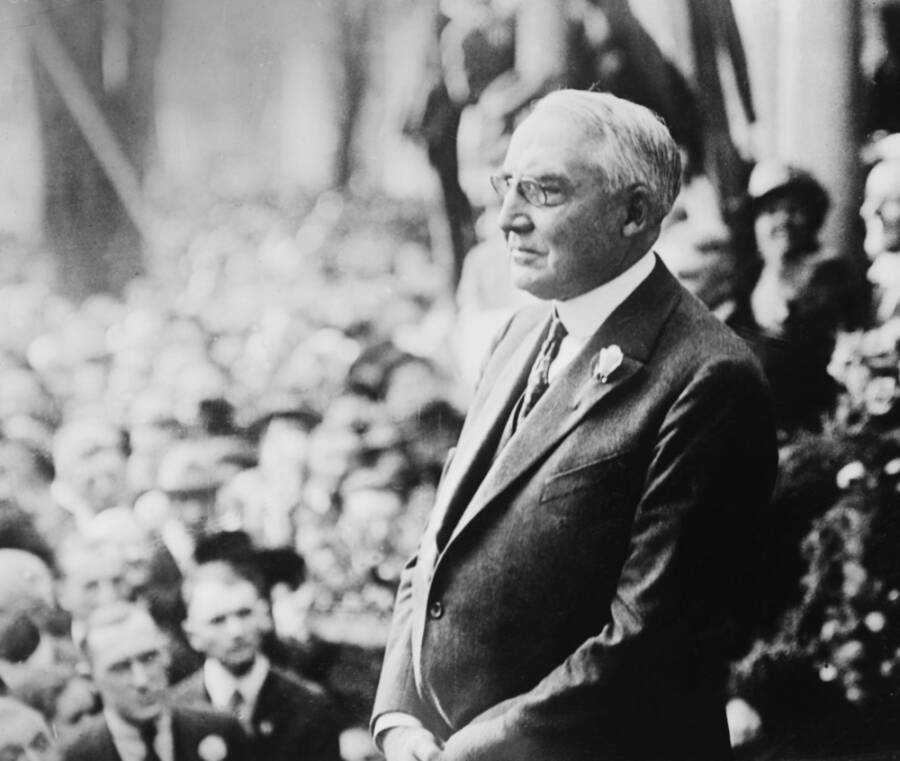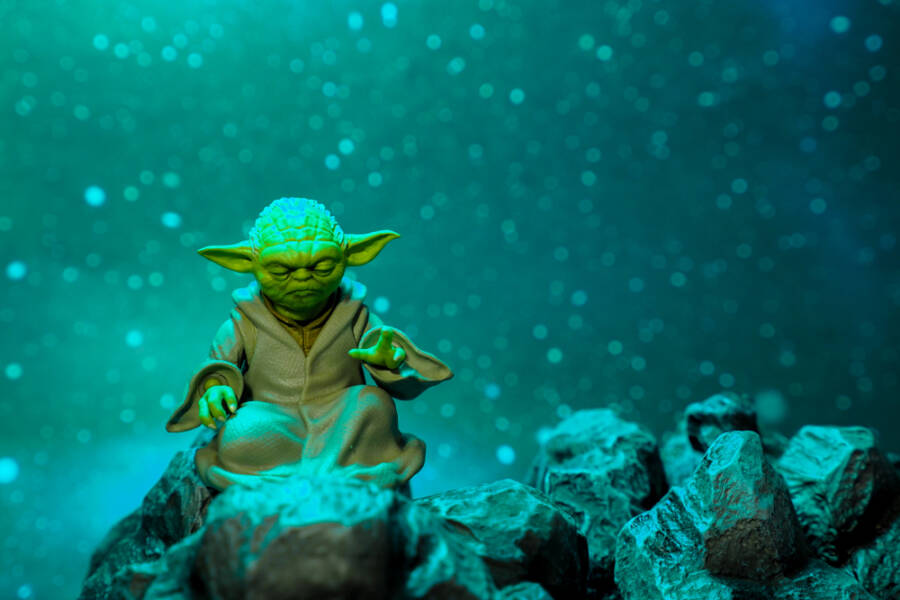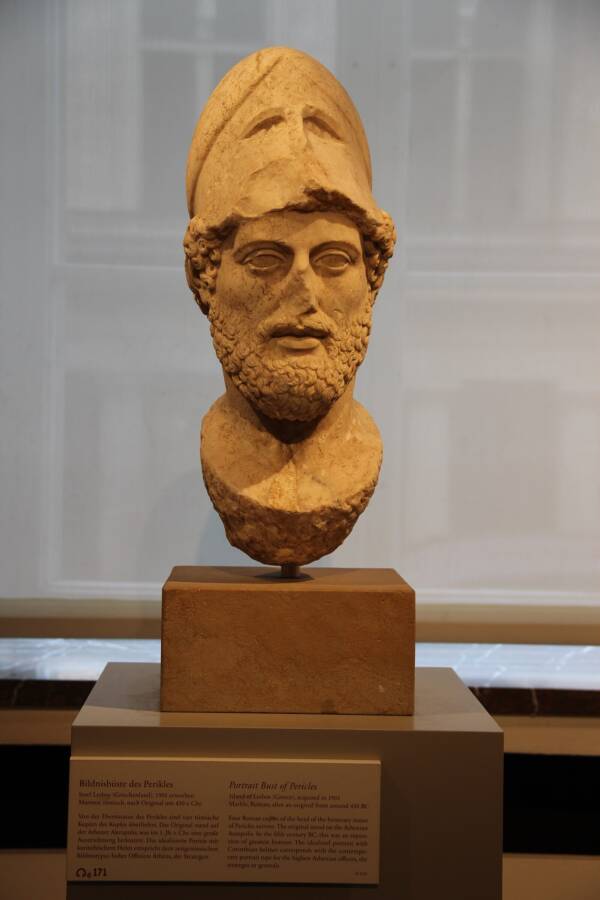
Pope Urban II at Clermont (1095): A Call That Echoed Across Continents
To understand the power of Pope Urban II’s sermon, one must envision the world of the late 11th century. Western Europe was a fragmented collection of feudal kingdoms, united primarily by the spiritual authority of the Roman Catholic Church. In the East, the Byzantine Empire, the heir to Rome, was under severe pressure from the expanding Seljuk Turks, a powerful Islamic empire that had conquered most of Anatolia. Further east and south, the Islamic world was in its Golden Age—a hub of scientific, medical, and philosophical advancement centered in cities like Baghdad, Cairo, and Damascus. The Silk Road connected this vibrant world with the great dynasties of China and the kingdoms of India, creating a vast network of trade and intellectual exchange from which much of Europe was disconnected.
In 1095, at the Council of Clermont in France, Pope Urban II delivered a speech that would violently reconnect these disparate worlds. Responding to a plea for aid from the Byzantine Emperor, Urban called upon the knights and nobles of Christendom to embark on an armed pilgrimage to the Holy Land. He urged them to cease their internal fighting and direct their martial prowess toward retaking Jerusalem from Muslim control. According to multiple, albeit varied, accounts, he framed the campaign as a holy war, promising remission of sins to those who participated. This was a masterful piece of political and religious rhetoric, tapping into piety, feudal obligation, and a thirst for land and glory.
The speech unleashed the First Crusade, a movement that had staggering global consequences. It marked the beginning of two centuries of conflict between Christian Europe and the Islamic powers of the Middle East, fundamentally altering the relationship between these civilizations. The Crusades led to the establishment of Christian states in the Levant, accelerated the decline of the Byzantine Empire, and left a legacy of religious animosity that has persisted to this day. Yet, this violent interaction also created new channels for cross-cultural exchange. European crusaders were exposed to the sophisticated science, medicine, and architecture of the Islamic world. Knowledge of classical Greek texts, preserved and expanded upon by Arab scholars, began to flow back into Europe, contributing to the intellectual ferment that would lead to the Renaissance. The demand for spices, silks, and other goods from the East stimulated European trade and arguably laid the groundwork for the Age of Exploration centuries later.

